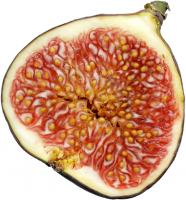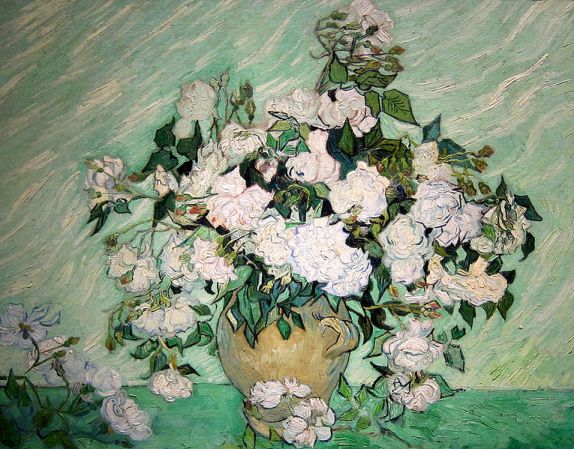Scottish Gaelic, Manx, and the Crawling of Crabs

*
Halò, fàilte gu Alba! Hello, welcome to Scotland!
Something about the Scottish Gaelic words is powerfully attractive to RT. Language in many respects is identity, the way that we think; it defines us in the world. And speaking a language is power, the ability to communicate, to become involved in community.
On the other hand, many obstacles lie in the way of eager learners. Pronunciation is certainly one of them. Consider this sound recording offered by the BBC to students of Scottish Gaelic.
Wow!!! It’s beautiful, but how long will it take to learn this phrase? And of course it’s just the start of becoming a SG speaker. As everyone knows, learning a language requires a serious investment of time and energy.
Why do people invest that kind of effort to learn a language? Certainly the biggest reason must be that they need to use it: they are moving to or interacting with a new country or community within their own country. If the language they are learning is widespread and used often in business, so much the better–people can continue to use their new skill if circumstances take them elsewhere.
But there is a second reason, one that may take years or decades to bear fruit: maintaining or recreating a language community and its culture. A common language offers a powerful sense of cohesion to its speakers and makes accessible to them the culture’s written texts–in many ways, the hearts of the ancestors who spoke and wrote their language.
Here is a third reason: to gain access to a foreign culture’s knowledge and wisdom. Hebrew, Greek, and Latin all spring to mind in this context. But so do the poetic riches of the Gaelic-speaking nations. The past is much easier to forget if the important languages spoken at specific periods are forgotten. But RT suspects that this may be true even for the “unimportant” languages.
Take Manx, for instance. The Isle of Man covers 221 sq. miles; its population is 85,000. Manx as a first language went extinct in 1974, when its last speaker, Ned Maddrell, died. But recently attempts have been made to revive the language, and it is believed that about 100 people currently have a competent command of the tongue.
Why should they bother? On an island the size of Man, the indigenous language would give a powerful sense of solidarity, but beyond that, Manx speakers will be joining themselves to the larger world of Gaelic speakers in Ireland and Scotland (a combined total of 190,000 native speakers; for L2 speakers, a combined total of 1.9 million). With further effort, they could understand Welsh, a Brythonic language, currently spoken by 710,000 speakers. Check it out, folks: that’s 2.6 million speakers total. And what about reading the Mabinogion or the Ulster Cycle in the original language? Then there’s the Bible translated into Manx. They might even develop a fancy for Scottish Gaelic poetry.
And speaking of Scottish Gaelic poetry, if these lessons hold true for Manx, then surely the effort to save SG is worthwhile.
*
RT will leave you (for the moment) with a bit of Manx spoken by Mr. Maddrell:
Dooyrt “Ballooilley” rish:
- “Ballooilley” said to him:
“Vel ny partanyn snaue, Joe?”
- “Are the crabs crawling, Joe?“
“Cha nel monney, cha nel monney,” dooyrt Joe. “T’ad feer ghoan.”
- “Not much, not much,” said Joe. “They’re very scarce.”
*
Anyone care for the audio version of this exchange? Here it is, recorded in 1948! (& pure poetry it is…)
RT
*
Image: A Crab, 1495; Albrecht Durer, WikiCmns, Public Domain.
*





Do you know how Gaelic got to be such an impossible language to read? Who chose the representations of sounds that bear no resemblance to the accepted value of the letters? The same seems to go for other languages that become written as well – Tibetan spings to mind. It seems often with Gaelic that if you ignore the middle clutch of letters in a word and know a few rules of substituting one sound for another, the pronunciation heads in the right direction! I know English is not exempt from such quirkery, but often its down to the language of the original word or changes to its pronunciation over time. How can such a beautiful lyrical language as Gaelic read as if its Klingon?
SL: i sense a post in the offing here…thanks for the suggestion… RT
I don’t have enough to do, right? I was so enchanted by the sound of the crab conversation that I have bookmarked the learning Gaelic site. After all, I have been curious how what I read on a page sounds and Gaelic, one way or another, has woven through my life, not to mention all the Scottish ancestors.
I love Simon’s last question.
A peaceful new year to you, Eric.
thx for the comment, margo! that’s the problem with Gaelic: it is beautiful, and it has woven its sounds into our language via the Irish and the Scottish…it’s hard to resist the temptation to recover the heritage and start learning one or another of the languages… & by the way, the Dragons of Grammar are preparing an invitation for you (don’t worry, it’s nothing too strenuous)… eric